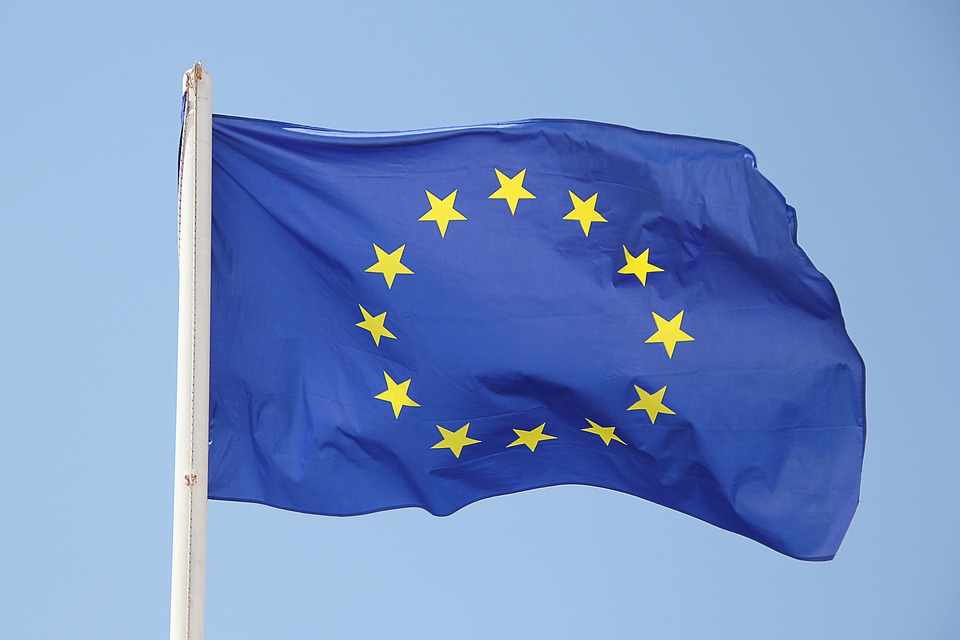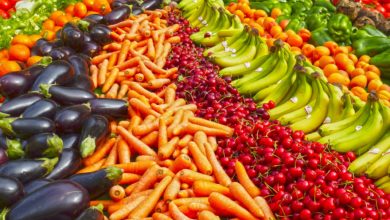
As the debate on the CAP for the post-2020 period begins, an inventory task is needed on the cardinal principle of reforms for the last 25 years, namely the decoupling of farm income subsidies.
Recall, this principle aims to disconnect the amounts of subsidies collected by farmers from any reference to what they produce and the price at which they sell. The stated goal was to limit distortions to allow markets to rebalance. More than two decades later, the perverse effects of decoupled subsidies are no longer to be proven (inflationary effect on production factors, downstream capture) and the markets are more volatile than ever, leaving decoupled aids unjustifiable in times of fat cows. and insufficient to return lean cows.
The recent attempt to green some of this aid has turned to greenwashing as the fact of paying for aid regardless of production is destroying any ability to drive the agricultural sector towards more sustainability. In the end, and in the words of President Macron, decoupled aid has become a taboo, and it becomes impossible to explain why it is paid. But above all, in these conditions, how can we politically defend the budgets needed for aid that is, moreover, indispensable to the economic survival of most farmers?
As part of the growing mistrust of the countryside towards the European project, the failure of the CAP in its primary objective of stabilization is one thing, the weakening of the positioning of Europe in the concert of Nations is another. By continuing to work on the principle of decoupling, Europe is at odds with the agricultural policies of the other major producing countries, which have abandoned this type of aid, in particular for counter-cyclical cushion the price volatility with income volatility. As a result, the CAP creates a competitiveness deficit for European agriculture compared to other agricultural economies.
Finally, draped in a false virtue, Europe prides itself on respecting the discipline of the WTO in agricultural matters by having decoupled its aid, but it is completely isolated in this way, because any illegitimate rule can not be respected! As proof, how can a developing country, which does not have the administrative or financial means to use direct aids, be content with rules that furthermore preclude stabilizing storage policies? Therefore, a good deal of cynicism is needed for European negotiators at the WTO to continue to argue that the decoupled aid they pay to its farmers is ineffective at around 50% of their income.
Synonymous with inefficiency for its main integrated policy and blocking factor to think its place in a world more than ever multipolar, the principle of decoupling is one of the reasons for the crisis of the European construction. It must be surpassed, and it is by taking inspiration from other agricultural policies that we will find the way for an ambitious reform of a CAP included in a renewed international cooperation of which China and India are today the precursors.
Jacques Carles, Chairman of Agriculture Strategies
Frédéric Courleux, Director of studies of Agriculture Strategies












